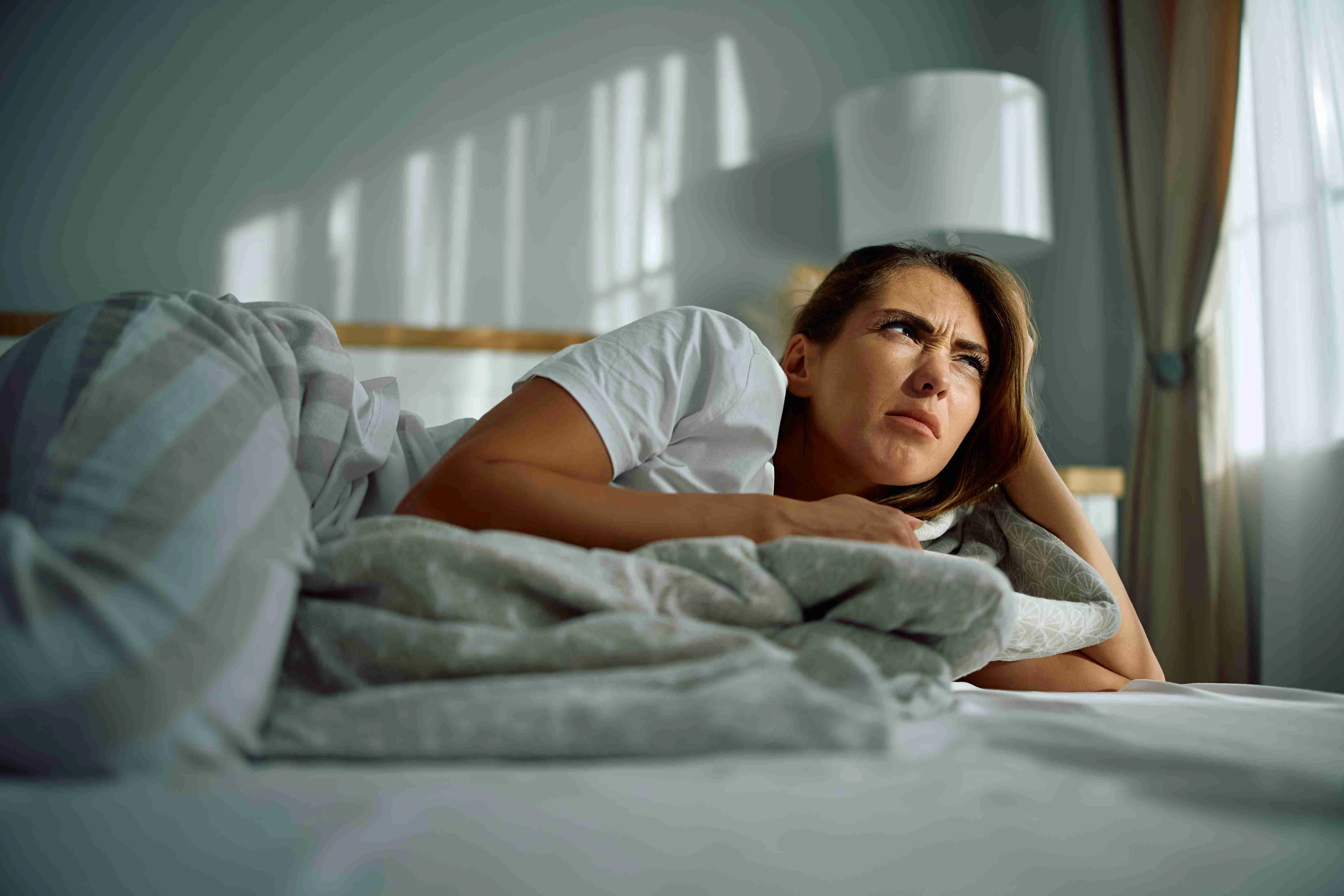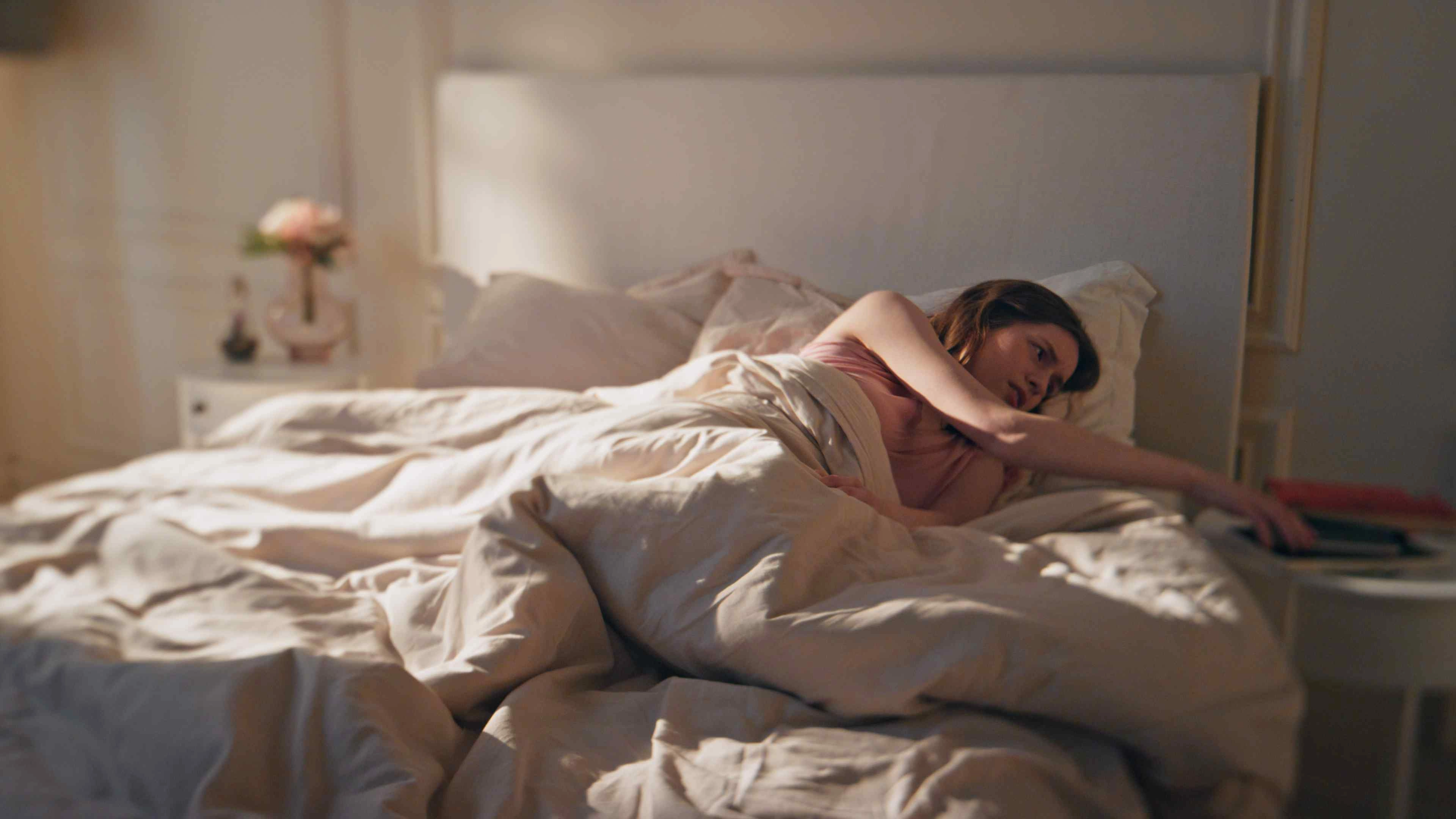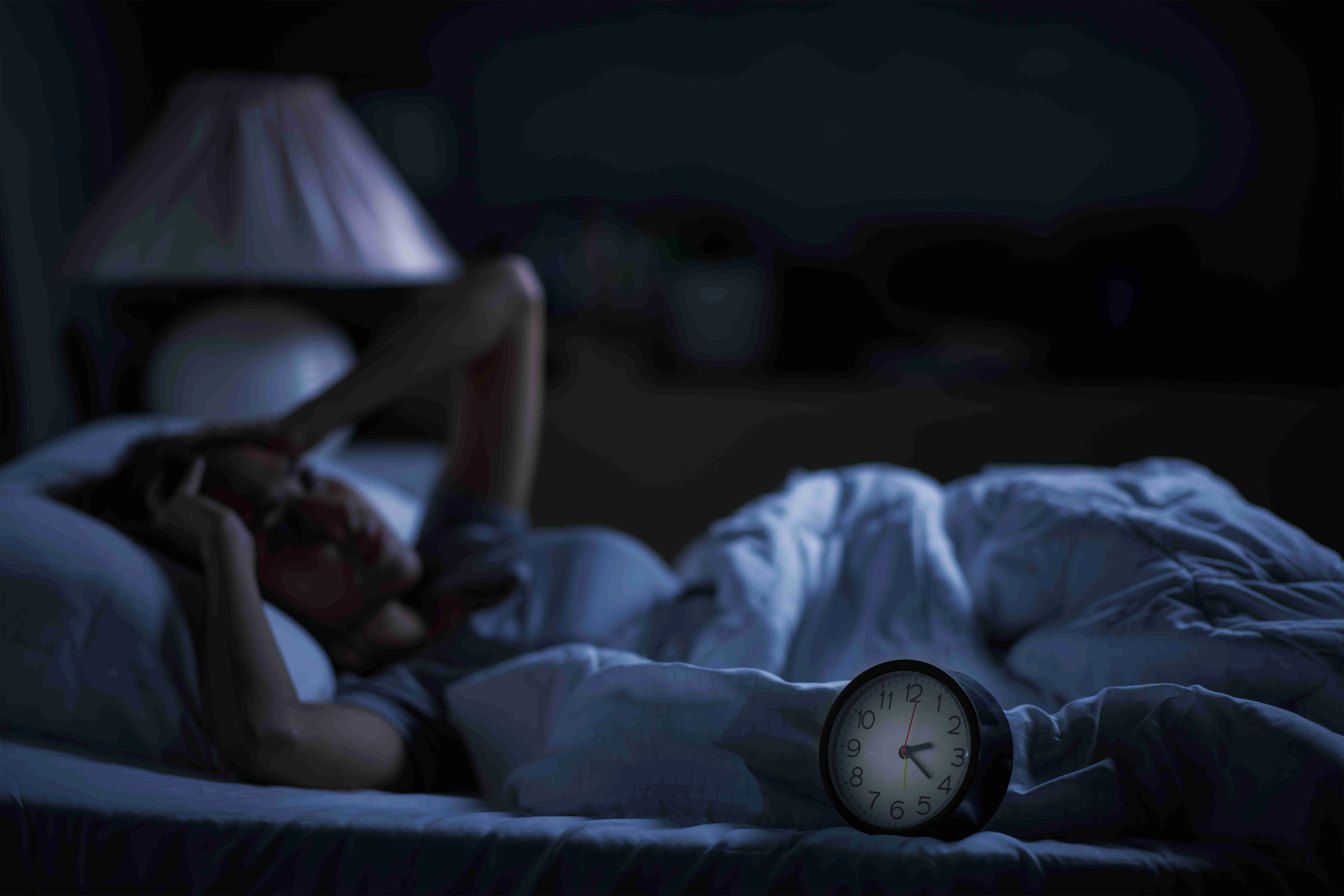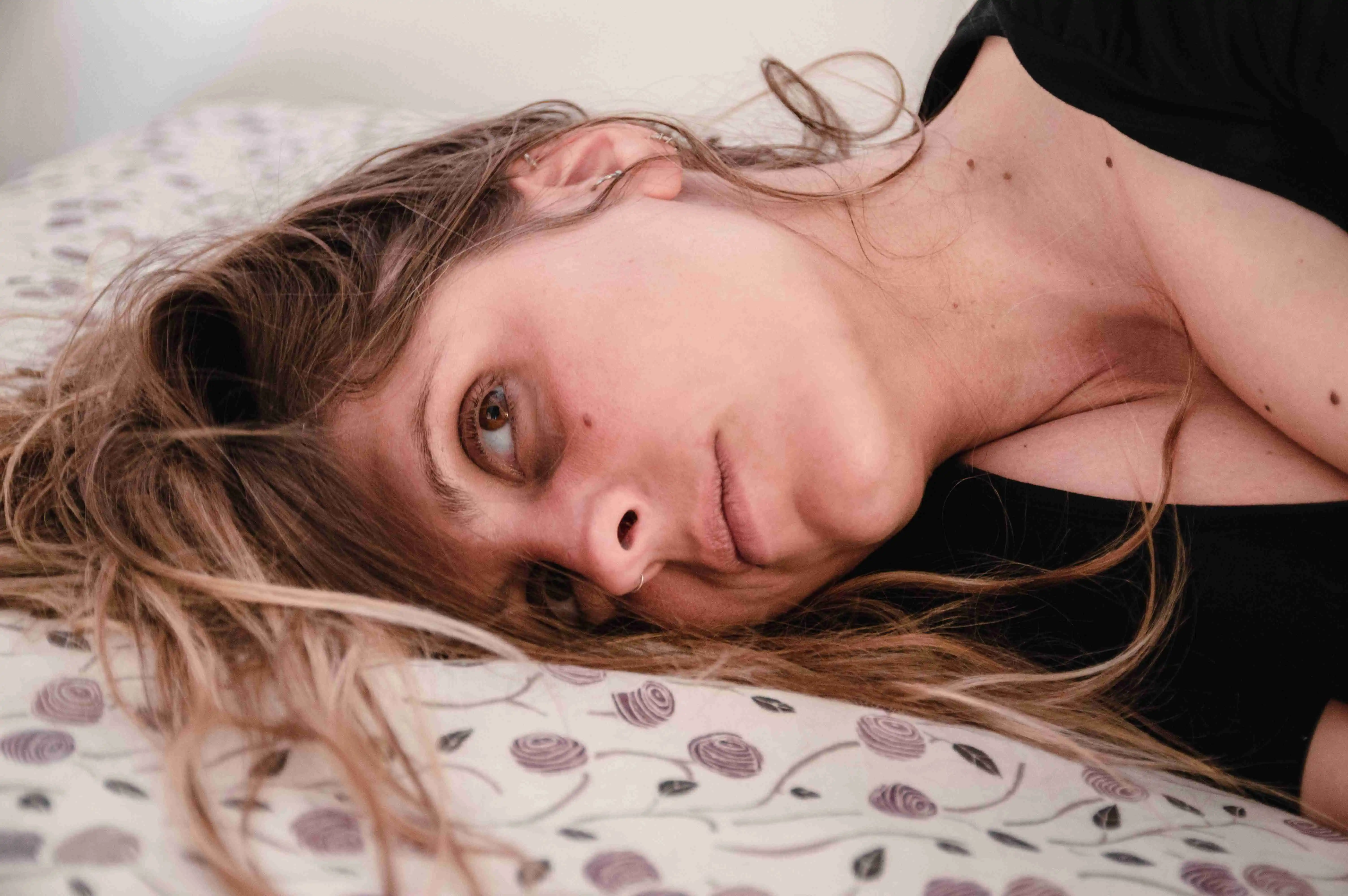Mental health is critical to overall well-being, emotional, and psychological balance. While mental illness refers to disorders that disrupt this balance, many overlook the connection between sleep and mental health.
Insomnia is a prevalent sleep disorder characterized by difficulty falling asleep. This article delves into insomnia's complexities, examining its relationship with mental health conditions, the potential for insomnia to exist independently, and the implications for treatment and understanding.
What Is Insomnia?
Insomnia is a sleep disorder characterized by persistent difficulty falling asleep, staying asleep, or experiencing nonrestorative sleep. It's a common issue affecting millions worldwide, impacting their daily functioning, productivity, and overall quality of life.
Primary Vs. Secondary Insomnia
Primary Insomnia is a standalone sleep disorder not directly linked to any other medical or psychological condition. It typically involves difficulty falling or staying asleep and can persist over time without a clear cause.
Secondary Insomnia, on the other hand, is a symptom of another condition, such as anxiety, depression, chronic pain, or medical issues. In this case, addressing the underlying condition is crucial for improving sleep quality.
Is Insomnia Considered a Mental Illness?

The question of whether insomnia is a mental illness has been a subject of ongoing debate in the medical and psychological communities. While insomnia is not classified as a mental illness in itself, it can have significant implications for mental health and often coexists with various mental health conditions.
Insomnia is primarily considered a sleep disorder, but its relationship with mental health is complex and multifaceted. Here's a closer look at the debate:
How Insomnia Differs From Mental Illnesses
To elaborate on the main question: While insomnia is not considered a mental illness in itself, it's closely intertwined with mental health. Here's a more detailed explanation:
- Classification: Insomnia is primarily classified as a sleep disorder in diagnostic manuals like the DSM-5 (Diagnostic and Statistical Manual of Mental Disorders, 5th edition).
- Relationship With Mental Health: Insomnia can be both a symptom and a contributing factor to various mental health conditions. This bidirectional relationship makes it an important consideration in mental health care.
- Impact On Mental Health: Chronic insomnia can significantly affect mood, cognitive function, and overall mental well-being. It can increase the risk of developing or exacerbating mental health conditions.
- Treatment Approach: Due to its close relationship with mental health, treating insomnia often involves addressing both sleep issues and any co-existing mental health concerns. Cognitive Behavioral Therapy for Insomnia (CBT-I) is a highly effective treatment that addresses both the behavioral and cognitive aspects of sleep problems.
- Comorbidity: Insomnia frequently co-occurs with mental health conditions like depression, anxiety disorders, and post-traumatic stress disorder (PTSD). In these cases, it's crucial to treat both the sleep disorder and the mental health condition for optimal outcomes.
Insomnia In The DSM-5
In the DSM-5, Insomnia Disorder is classified under sleep-wake disorders. It is characterized by:
- Persistent Sleep Difficulties: Difficulty falling asleep, staying asleep, or waking up too early, leading to dissatisfaction with sleep quality or quantity.
- Daytime Impairment: These sleep issues cause significant distress or impairment in social, occupational, or other important areas of functioning.
- Duration: Symptoms must occur at least three times per week and persist for at least three months.
- Exclusion of Other Causes: Sleep disturbance is not better explained by another sleep disorder, substance use, or medical conditions.
How does insomnia affect mental health?
Bidirectional Relationship Between Insomnia And Mental Illness
Insomnia often coexists with mental health conditions such as anxiety and depression. Not only can mental illness contribute to sleep disturbances, but insomnia can also exacerbate existing mental health issues, creating a vicious cycle.
Impact on Mood and Cognitive Functioning
Sleep deprivation can significantly affect mood, leading to increased irritability, emotional instability, and heightened stress responses.
Cognitive functioning also suffers; individuals may experience difficulty concentrating, memory lapses, and impaired decision-making. These cognitive deficits can further aggravate feelings of frustration and inadequacy, impacting daily life and relationships.
Increased Risk of Severe Mental Health Conditions
Chronic insomnia is linked to an increased risk of developing severe mental health conditions, such as major depressive disorder and generalized anxiety disorder.
Over time, the cumulative effects of sleep deprivation can lead to more serious issues, making early intervention critical for those experiencing insomnia.
Common Causes of Insomnia

Insomnia can stem from various factors, including:
Stress And Anxiety
High levels of stress and anxiety can lead to racing thoughts and hyperarousal, making it difficult to relax and fall asleep.
Depression
Depressive disorders are often linked to sleep disturbances, with individuals experiencing trouble sleeping or changes in sleep patterns.
Medical Conditions
Chronic medical conditions, such as asthma, arthritis, and diabetes, can cause discomfort or pain that interferes with sleep.
Lifestyle Factors
Poor sleep habits, irregular sleep schedules, excessive caffeine or alcohol intake, and lack of physical activity can contribute to insomnia.
Medications
Certain medications, including those for allergies, high blood pressure, and depression, can have side effects that disrupt sleep.
Environmental Factors
Noise, light, temperature, and an uncomfortable sleeping environment can all negatively affect the ability to fall and stay asleep.
Learn more about the Causes of Insomnia.
Symptoms of Insomnia

The primary symptoms of insomnia may include:
Difficulty Falling Asleep at Night
Many individuals with insomnia find it challenging to fall asleep within a reasonable timeframe. This struggle can lead to increased frustration and anxiety, further complicating sleep efforts.
Frequent Awakenings During the Night
Waking up multiple times during the night interrupts sleep cycles, leading to fragmented rest. This can result in individuals feeling unrested, even if they spend sufficient time in bed.
Waking Up Too Early in the Morning
Early awakenings can be particularly distressing, as they may prevent individuals from getting the restorative sleep needed for overall health.
Feeling Unrested or Fatigued Upon Waking
Even after a full night in bed, many individuals with insomnia report waking up feeling tired and unrefreshed. This lack of restorative sleep can impact daily functioning.
Daytime Sleepiness or Lack of Concentration
Insomnia often results in excessive daytime sleepiness, making it difficult to stay alert and focused. This can affect work performance, social interactions, and overall quality of life.
Irritability or Mood Disturbances
Sleep deprivation can lead to irritability and mood swings, impacting relationships and personal well-being. The emotional toll of insomnia can contribute to a negative feedback loop, further worsening sleep issues.
Learn more about the Symptoms of Insomnia.
Mental Health Conditions Commonly Associated with Insomnia
Depression
Individuals with depression frequently experience sleep disturbances, and the relationship is bidirectional—insomnia can exacerbate depressive symptoms, while depression can lead to insomnia.
Anxiety Disorders
Anxiety disorders, including generalized anxiety disorder, panic disorder, and social anxiety disorder, are closely linked to insomnia.
The heightened state of arousal associated with anxiety can make it difficult to fall asleep and stay asleep, creating a cycle of anxiety and sleep disruption.
PTSD and Trauma-Related Sleep Disturbances
Post-traumatic stress disorder (PTSD) can lead to significant sleep issues, including insomnia, nightmares, and night sweats.
The hyperarousal and avoidance symptoms characteristic of PTSD can make restful sleep elusive, highlighting the importance of addressing both sleep and trauma in treatment.
Effective Treatments for Insomnia

Fortunately, there are various effective treatments available for managing and overcoming insomnia. The most appropriate treatment approach depends on the individual's specific needs, preferences, and underlying causes of insomnia.
Cognitive Behavioral Therapy for Insomnia (CBT-I)
Cognitive Behavioral Therapy for Insomnia (CBT-I) is considered the gold standard treatment for chronic insomnia. This non-pharmacological approach combines cognitive techniques and behavioral interventions to address the thoughts, behaviors, and habits that contribute to insomnia.
CBT-I typically involves the following components:
- Sleep Education: Learning about sleep hygiene, sleep cycles, and the factors that influence sleep quality.
- Stimulus Control Therapy: Establishing a consistent sleep routine and associating the bed and bedroom with sleep.
- Sleep Restriction: Temporarily limiting time spent in bed to match actual sleep time, gradually increasing as sleep efficiency improves.
- Cognitive Restructuring: Identifying and challenging negative thoughts and beliefs about sleep that can perpetuate insomnia.
- Relaxation Techniques: Practicing relaxation strategies, such as progressive muscle relaxation or mindfulness meditation, to promote better sleep.
Medications and Natural Remedies for Insomnia
In some cases, medications or natural remedies may be recommended as part of a comprehensive treatment plan for insomnia.
However, it's essential to use these under the guidance of a healthcare professional and as a short-term solution while addressing the underlying causes of insomnia.
- Prescription Medications: Certain prescription medications, such as sedative-hypnotics (e.g., zolpidem, eszopiclone) or melatonin receptor agonists (e.g., ramelteon), may be prescribed for short-term use in treating insomnia.
- Over-The-Counter Remedies: Some over-the-counter sleep medications, such as melatonin supplements or antihistamines with sedative effects, may provide temporary relief for occasional insomnia.
- Herbal Supplements: Certain herbal supplements, like valerian root or chamomile, are sometimes used as natural remedies for insomnia, although their effectiveness and safety are not well-established.
Lifestyle Changes To Improve Sleep Quality
In addition to medical treatments, making lifestyle changes can significantly improve sleep quality and manage insomnia. Here are some effective strategies:
- Establish A Consistent Sleep Routine: Create a regular sleep schedule by going to bed and waking up at the same time each day, even on weekends. This helps regulate your body’s internal clock, making it easier to fall asleep and wake up refreshed.
- Create A Sleep-Conducive Environment: Optimize your sleep environment to promote better rest. Keep your bedroom dark, quiet, and cool. Use blackout curtains, white noise machines, or earplugs to minimize disturbances.
- Practice Good Sleep Hygiene: Develop habits that promote hygienic sleep. Limit screen time from phones, tablets, and computers at least an hour before bed, as the blue light emitted can interfere with melatonin production.
- Exercise Regularly: Engaging in regular physical activity can help you fall asleep faster and enjoy deeper sleep. Aim for at least 30 minutes of moderate exercise most days of the week, but try to avoid vigorous workouts close to bedtime, as they can be stimulating.
- Manage Stress And Anxiety: Incorporate stress-reduction techniques into your daily routine. Practices such as mindfulness, meditation, deep breathing exercises, or yoga can help calm your mind and reduce anxiety, making it easier to relax at night.
- Limit Daytime Napping: While short naps can be beneficial, long or irregular napping during the day can interfere with nighttime sleep. If you need to nap, try to limit it to 20-30 minutes and avoid napping late in the afternoon.
FAQs
Is insomnia a mental illness?
Insomnia is not classified as a mental illness in itself, but it is closely related to and often coexists with various mental health conditions, such as depression and anxiety disorders. Common causes of insomnia include stress, anxiety, depression, medical conditions, lifestyle factors, medications, and environmental factors.
How is insomnia diagnosed?
Insomnia is typically diagnosed through a combination of methods, including sleep diaries, physical examinations, sleep studies, and diagnostic criteria outlined in the DSM or ICSD. Learn more about Diagnosing Insomnia.
What is the best treatment for insomnia?
Cognitive Behavioral Therapy for Insomnia (CBT-I) is considered the gold standard treatment for chronic insomnia. Medications or natural remedies may also be recommended as part of a comprehensive treatment plan. Learn more about Treatments for Insomnia.
Can insomnia lead to mental health issues?
Yes, chronic insomnia can increase the risk of developing or exacerbating mental health conditions, such as mood disorders, cognitive impairments, and substance abuse disorders.
How can lifestyle changes help with insomnia?
Establishing a consistent sleep routine, creating a sleep-conducive environment, practicing good sleep hygiene, exercising regularly, managing stress and anxiety, and limiting daytime napping can all help improve sleep quality and manage insomnia.
Conclusion
While insomnia is often associated with various mental health disorders, it does not always qualify as a mental illness on its own. Understanding insomnia's role as both a potential standalone disorder and a symptom of other conditions is essential for effective treatment and management.
Jessica H.
Jessica is a reviewer, writer, and sleep enthusiast at Sleepiverse. Jessica graduated with her master's degree in Nursing research and education. She is a registered nurse and currently works in the Intensive Care Unit. Since becoming a nurse, Jessica has worked the night shift, which means a disrupted sleep schedule. Knowing she needed to function at her best while caring for patients at night, she spent a lot of time researching how to sleep well with a difficult schedule.


